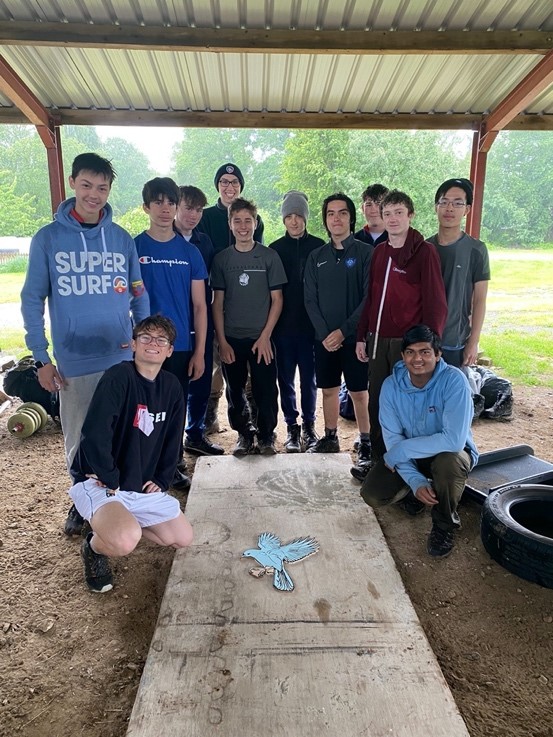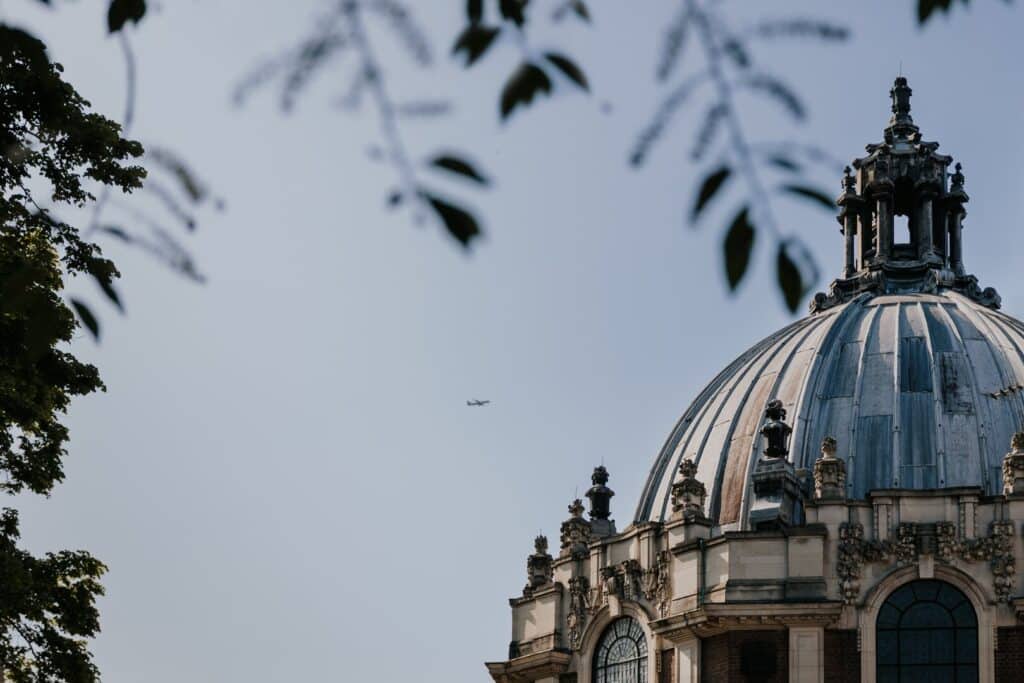Following a year of uncertainty, hard work and the arrival of internal exams, Year 11 pupils were invited back to Eton for three weeks of A-Level subject taster lessons, sports competitions and as many outdoor meals as the British weather would allow. Around 30 pupils, however, choose to escape to the countryside for a leadership camp in the last weeks of the academic year. Whilst many knew this would be the harder option, it also offered new opportunities, experiences and life lessons, and Press Officer Caspar Tyser set out to discover these and report back.
Pupils had to adapt to changing living conditions physically and psychologically, camping under shelters they made themselves from branches and tarpaulin. The cut-throat environment of changing weather fronts (we experienced both the hottest day of the year and the wettest day of the year) meant that pupils felt the urgency of completing objectives in the wild before conditions prevented them from doing so! Valuable skills such as making fires without matches, cooking food and making shelters were learned, crucial to the success of the trip. Each day we set out on an adventure, including a 20km hike, a 25km mountain bike ride, a 15km paddle board race and a 4km running race.
Each challenge culminated in finding a piece of The Blue Bird, the story by Belgian playwright and poet Maurice Maeterlinck about searching for happiness, in puzzle form. These challenges helped us to consider character and the necessity of effective teamwork, especially when the only source of navigation was an Ordnance Survey Map. The message of the story was the power of teamwork and the strength of each individual to withstand these challenges which were purposely created to question our faith in one another.
Each morning and evening we took part in leadership discussions, which asked the ‘how’ of leadership. Each day an idea was introduced, which we explored through observing our own behaviours and thoughts. In the evening session, we reflected on and shared our experiences. With practice these ideas can become a habit, and once they become habitual, they can have a significant impact on someone’s life.
We considered the idea of learning to lead others by leading oneself, which asks you to focus on the question ‘why would someone want to be led by you?’. Emmanuel Milia Mankura, a Maasai Elder, said “you cannot expect to lead others until you have first learned how to lead yourself”. The second idea we explored is that the greatest human power is the ability to choose our response to anything that comes our way, and to take conscious ownership of the consequences of our actions. This idea comes from Viktor E. Frankl, who said in his book Man’s Search for Meaning, “everything can be taken from a man but one thing: the last of the human freedoms, to choose one’s attitude in any given set of circumstances, to choose one’s own way”. Leading yourself means making conscious choices about your own behaviour and your own thoughts. It means taking total responsibility for them. This can be scary, but something far scarier is not taking ownership of your life because that will mean you end up living someone else’s dreams and following someone else’s roadmap. Unsuccessful people habitually blame others; successful people make conscious choices and take responsibility for the outcomes.
Thank you to everyone who made the camp possible, we had a fantastic time, although the sleeping bags are still drying out!




